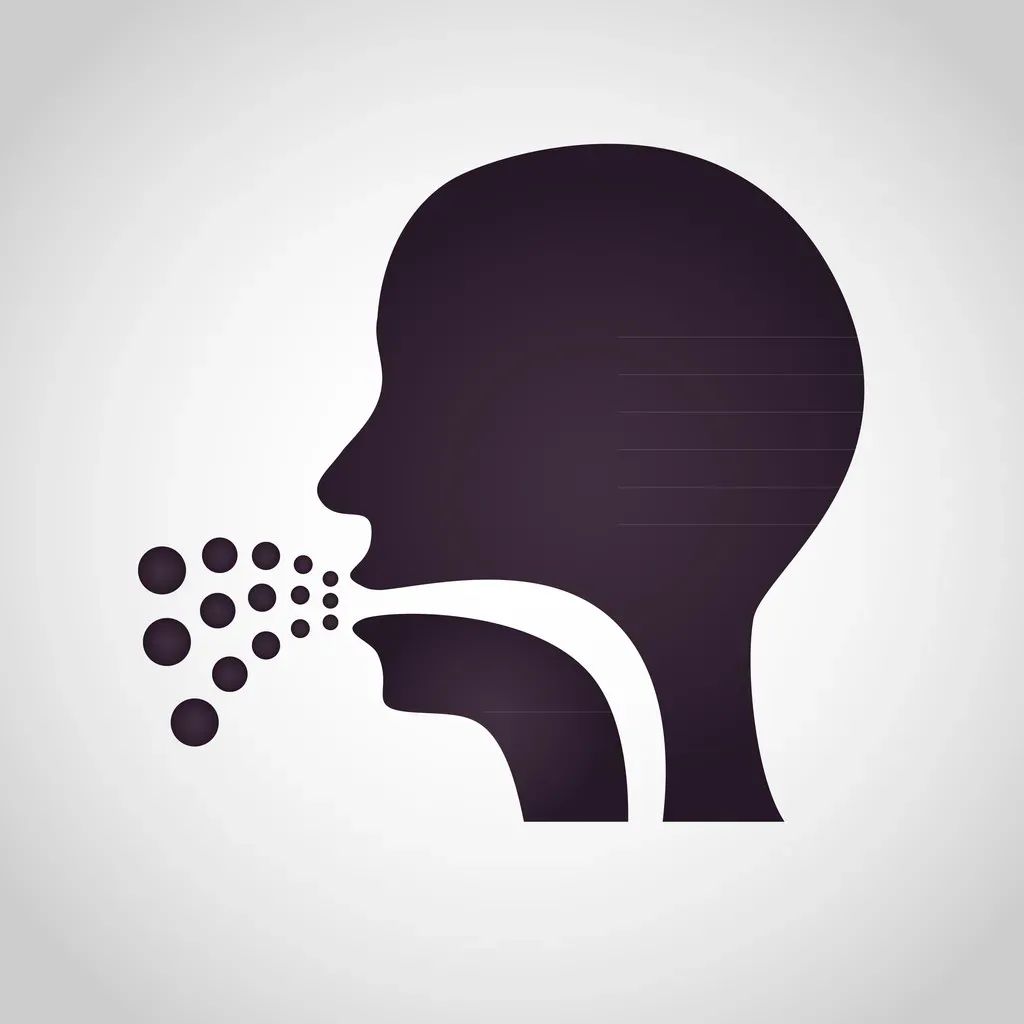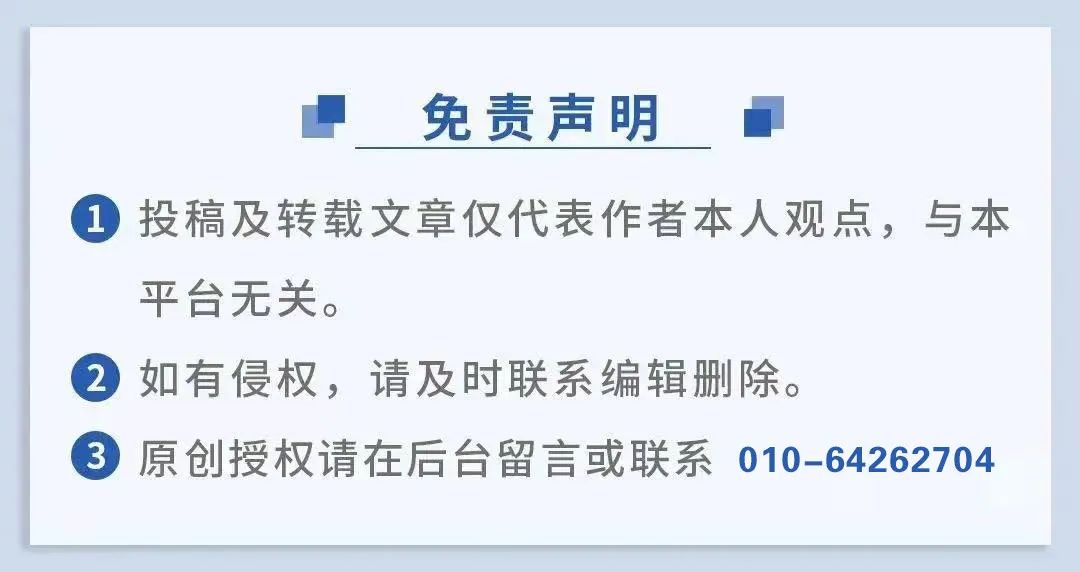
Expert Interviewed: Liu Daming, Associate Chief Physician of the Department of Spleen and Stomach Diseases, Dongzhimen Hospital, Beijing University of Chinese Medicine
Li Hongmei, Chief Physician of Internal Medicine, Third Affiliated Hospital of Guangzhou University of Chinese Medicine
There is a group of people who are overweight, have oily skin, and thick, greasy tongue coating, and often feel heavy in their legs and generally weak and fatigued. According to TCM constitution classification, this belongs to the Phlegm-Dampness (Tan Shi) constitution, which is closely related to diabetes, hyperlipidemia, hypertension, and obesity, and is known as the “soil for diseases.” Why does this disease-prone constitution form, and how can it be adjusted to avoid illness? In this issue, Life Times invites authoritative TCM experts to teach everyone how to identify the Phlegm-Dampness constitution and guide scientific methods to resolve phlegm and dampness.

Most Patients in the Spleen and Stomach Department Have Phlegm-Dampness
Mr. Guo is in his early 30s and is usually busy with work. For him, binge eating is the most satisfying way to relieve stress, and his weight has skyrocketed from 70 kg to 92 kg. He feels short of breath after walking a few steps. Recently, his family has often complained about his loud snoring, which has disturbed the whole family’s sleep, urging him to see a doctor. After diagnosis by Liu Daming, Associate Chief Physician of the Department of Spleen and Stomach Diseases at Dongzhimen Hospital, he was found to have a Phlegm-Dampness constitution. If not adjusted in time, it could lead to a series of serious adverse consequences. “Among the patients visiting the Spleen and Stomach Department, 80-90% are like Mr. Guo with a Phlegm-Dampness constitution,” Liu Daming stated.
Liu Daming explained that TCM classifies constitutions into nine types: Harmonious, Qi Deficiency, Yang Deficiency, Yin Deficiency, Phlegm-Dampness, Damp-Heat, Blood Stasis, Qi Stagnation, and Special Constitution. In recent years, the number of patients with Phlegm-Dampness constitution has been on the rise in clinical settings, many of whom visit due to spleen and stomach discomfort. Life Times reporters observed that the Spleen and Stomach Department is a popular department at Dongzhimen Hospital, with over 200 outpatient visits in just one day on August 12. Moreover, unlike other departments that mainly see middle-aged and elderly patients, the Spleen and Stomach Department has a majority of young patients in their 20s and 30s, who are generally overweight and yawning while waiting.
Li Hongmei, Chief Physician of Internal Medicine at the Third Affiliated Hospital of Guangzhou University of Chinese Medicine, stated that individuals with a Phlegm-Dampness constitution are generally overweight, with a soft and full abdomen; their tongues are enlarged with teeth marks on the sides and thick, greasy coating; their complexion is pale yellow and lacks luster; they easily feel drowsy and dislike exercise; their hands and feet are often cold, with chest tightness and phlegm; they experience gastrointestinal discomfort, and consuming alcohol or greasy foods can lead to diarrhea.
Five Major Factors Leading to Phlegm-Dampness
The Phlegm-Dampness constitution is similar to metabolic syndrome in Western medicine, which is a pathological state caused by metabolic disorders. TCM believes that phlegm and dampness arise from the dysfunction of the lungs, spleen, kidneys, and other organs, leading to poor circulation of Qi, blood, and body fluids, resulting in the accumulation of impurities. Here, “phlegm” does not refer to the common phlegm fluid but rather impurities in the body fluids, which are pathological products. Li Hongmei indicated that the formation of a Phlegm-Dampness constitution is influenced not only by genetic factors but also closely related to dietary habits, living environment, and psychological state.
Preference for Heavy Flavors. Researchers in China conducted TCM constitution identification on 1,031 university students and found that 26.58% had a Phlegm-Dampness constitution, with diet being the primary factor. TCM holds that frequently consuming rich and greasy foods can lead to insufficient spleen function, resulting in the accumulation of phlegm and dampness in the body. If phlegm and dampness accumulate for a long time, it will form a Phlegm-Dampness constitution.
Emotional Instability. The fluctuations of emotions such as joy, anger, worry, thought, sadness, fear, and shock are also important reasons for the formation of a Phlegm-Dampness constitution. Unstable emotions, low mood, and high stress can affect spleen and stomach function, leading to the internal generation of dampness and phlegm.
Prolonged Sedentary Lifestyle. A long-term lack of exercise can lead to poor circulation of Qi and blood, slow metabolism, and easy accumulation of impurities, resulting in the internal generation of phlegm and dampness.
Invasion of Dampness. Living in damp environments for extended periods or frequently getting wet in the rain can lead to the invasion of dampness into the spleen and stomach, which over time can accumulate into phlegm. Li Hongmei noted that southern China has a humid climate and a long rainy season, making it a high-incidence area for Phlegm-Dampness constitution. A study by the Guangdong Provincial Hospital of Traditional Chinese Medicine found that 31.1% of 6,525 individuals in Guangzhou had a Phlegm-Dampness constitution. The Lingnan region, bordered by the sea to the south and the Wuling Mountains to the north, has high temperatures and humidity, leading to residents sweating a lot, enjoying swimming and bathing, and preferring to eat cold foods, seafood, and other damp or greasy foods, resulting in a higher prevalence of Phlegm-Dampness.
Age and Chronic Illness. Liu Daming stated that many elderly individuals suffer from chronic illnesses, such as respiratory diseases, leading to spleen and kidney Yang deficiency, resulting in poor metabolic function and retention of fluids in the body, making them prone to Phlegm-Dampness.
Phlegm Causes Many Diseases
TCM has long held that “many diseases are caused by phlegm” and “strange diseases are often due to phlegm.” Once phlegm and dampness form, they become the soil for various diseases, obstructing organ functions and triggering illnesses.
Head Issues. When phlegm and dampness occur in the head and nervous system, patients may experience dizziness, headaches, memory decline, tinnitus, and impaired limb movement, which can easily lead to stroke and cerebral arteriosclerosis.
Lung Obstruction. When phlegm and dampness occur in the lungs, they can obstruct the respiratory tract, leading to abnormal lung Qi descending function, causing lung Qi to rise, resulting in symptoms such as cough, chest tightness, and wheezing. Li Hongmei stated that patients with phlegm and dampness are more likely to develop pneumonia and asthma.
Heart Obstruction. TCM believes that the “phlegm turbidity” generated by phlegm and dampness is the culprit behind elevated blood lipids. When phlegm and dampness occur in the heart, they can block blood vessels, leading to symptoms such as chest tightness, chest pain, palpitations, and irritability. In severe cases, this can develop into coronary heart disease, arteriosclerosis, and arrhythmias. Furthermore, “phlegm turbidity” can spread throughout the body via blood vessels, ultimately leading to metabolic diseases such as type 2 diabetes and gout.
Spleen and Stomach Damage. When phlegm and dampness occur in the digestive system, they can weaken spleen and stomach function, affecting normal digestion, leading to symptoms such as greasy tongue coating, obesity, loose stools, swollen feet, diarrhea, and excessive oiliness on the face, which can further lead to gastrointestinal diseases such as gastritis, gastric ulcers, cholecystitis, and gallstones.
Liver and Gallbladder Damage. When phlegm and dampness occur in the liver and gallbladder, they can impair liver function, leading to symptoms such as bitter mouth, dry throat, irritability, dry stools, and abdominal distension, which can further lead to cholecystitis and gallstones.
Meridian Obstruction. Liu Daming stated that phlegm and dampness can block meridians and joints, leading to symptoms such as weakness in the waist and legs, difficulty in bending and stretching, pain and swelling, and heaviness in the limbs, which can even lead to arthritis, bone hyperplasia, and rheumatic diseases (including rheumatoid arthritis and osteoarthritis).
Skin Damage. When phlegm and dampness accumulate in the skin, they can cause itching, acne, urticaria, eczema, papules, rashes, as well as a series of problems such as allergies, dermatitis, lipomas, neurofibromas, and dermatomyositis.
Daily Adjustments to Resolve Phlegm and Dampness
Phlegm and dampness are closely related to various diseases and should not be taken lightly. If you often feel heavy-headed, as if something is wrapped around your head, and your body feels heavier than usual, with unsatisfactory bowel movements, you should consciously adjust your condition.
Eat Less at Each Meal. Those with phlegm and dampness should have a balanced diet, aiming for 70% fullness at each meal, avoiding binge eating, eating too quickly, and late-night snacks. The diet should be light, avoiding greasy, spicy, cold, and overly sweet foods. Li Hongmei recommends foods such as yam, coix seed, poria, lentils, white radish, and winter melon, which have the effects of strengthening the spleen, resolving dampness, and transforming phlegm, and can be included in daily meals.
Stay Active. TCM believes that “movement generates Yang.” Appropriate exercise can enhance Yang Qi, promote Qi and blood circulation, and help expel phlegm and dampness. It is recommended to choose light aerobic exercises, such as walking or practicing Tai Chi, for 30 minutes to 1 hour daily, which can both exercise the body and not be overly exhausting.
Avoid Staying Up Late and Wind-Cold. Those with phlegm and dampness should avoid staying up late and excessive fatigue to prevent damage to Yang Qi. At the same time, it is important to maintain a pleasant mood, as excessive anxiety and depression can easily affect the body’s metabolism.
Avoid Damp Environments. Damp environments are an external cause of phlegm and dampness, so it is advisable not to stay in cold and damp places for long periods, avoid getting wet in the rain, and ensure to dry the body thoroughly after bathing. If bathing before bed, it is best to finish before 10 PM, as bathing too late can easily accumulate dampness.
TCM Therapies for Adjustment. Those with phlegm and dampness can take traditional Chinese medicine under the guidance of a physician, using herbs that have the effects of drying dampness, transforming phlegm, strengthening the spleen, and resolving dampness, such as the classic formula for treating phlegm and dampness—Er Chen Tang (Two Evolved Decoction), which includes Ban Xia (Pinellia), Chen Pi (Aged Tangerine Peel) 15g each, Bai Fu Ling (Poria) 9g, Zhi Gan Cao (Honey-Fried Licorice) 4.5g, Sheng Jiang (Fresh Ginger) 7 slices, Wu Mei (Mume Fruit) 1 piece, decocted in water and taken warm. Additionally, one can regularly massage acupoints that have the effect of strengthening the spleen and resolving dampness, such as Cheng Shan (承山) point, located on the back of the calf. When the leg is straightened or the heel is raised, the depression at the lower edge of the gastrocnemius muscle is the location of this point (one on each leg). Those with internal dampness will feel a significant soreness and pain when gently pressing this point, but after a period of massage, they will feel a slight warmth in the body, and the dampness will dissipate with the slightly elevated body temperature.Reporter: Niu Yulei
Source: Life Times

